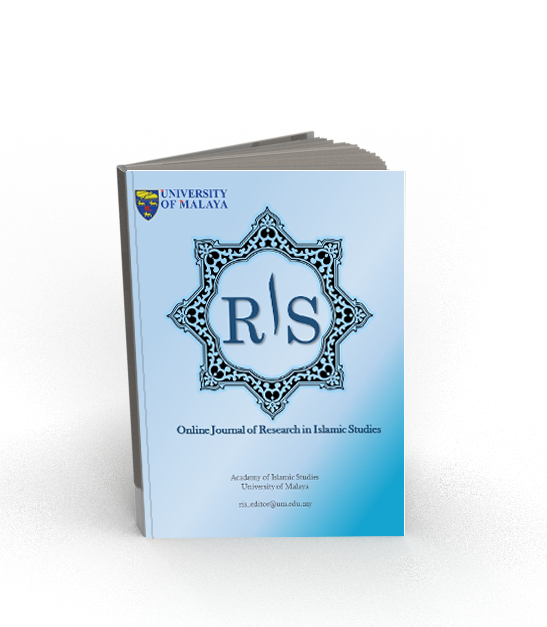Main Article Content
Abstract
This research aims to clarify the position of the endowment founder in the financial endowment contract and also aims to explain the opinions of the four doctrine of Islamic Jurisprudence (Madhahib: Hanafi, Maliki, Shafii and Hanbali) on the sanctity of the endowment founder’s conditions. Moreover, it also seeks to explain the sanctity of the endowment founder’s conditions from the Islamic objectives view. The research highlight on the concept of endowment founder and his conditions from the jurist’s perspective view. Additionally, it also explained the meaning of the terms on sanctity of endowment founder’s conditions. On conducting this research, a qualitative methodology was employed to analyses the literature through inductive and deductive methods. The researcher found that the endowment founder is considered as a legal element in the endowment financial contract. It also found that the considerable statement from the endowment creator is the positive one. The researcher also found that the four doctrine agreed on the invalidity of any condition that infringes the nature of the endowment or contradicts its requirements. Moreover, the researcher also found that ‘the sanctity of the endowment founder’s conditions is a term used to refer to the obligatory of following the founder’s conditions in a strict manner without any change and respecting his desire as long as it serves the Sharia objectives and the purposes of endowment. This research encourages people not to consider saying of the jurists: “the condition of the waqf founder is same as a text of the Shariah” as means of narrowing what the Sharia broadens from the purposes of waqf.
Keywords
Article Details
Copyright Notice
By submitting manuscripts to the Online Journal of Research in Islamic Studies (RIS), authors agree to transfer copyright to the journal. However, authors may republish their work or grant others permission to republish it; in which case it should be accompanied by a proper acknowledgment that the work was originally published in the Online Journal of Research in Islamic Studies (RIS). The journal adopt CC-BY-NC licence which authors may also share and distribute their article anywhere of non-commercial website, social media and repositories immediately on publication.
Authors may also reuse the Abstract and Citation information (e.g. Title, Author name, Publication dates) of their article anywhere at any time including social media such as Facebook, blogs and Twitter, providing that where possible a link is included back to the article on the journal site.
